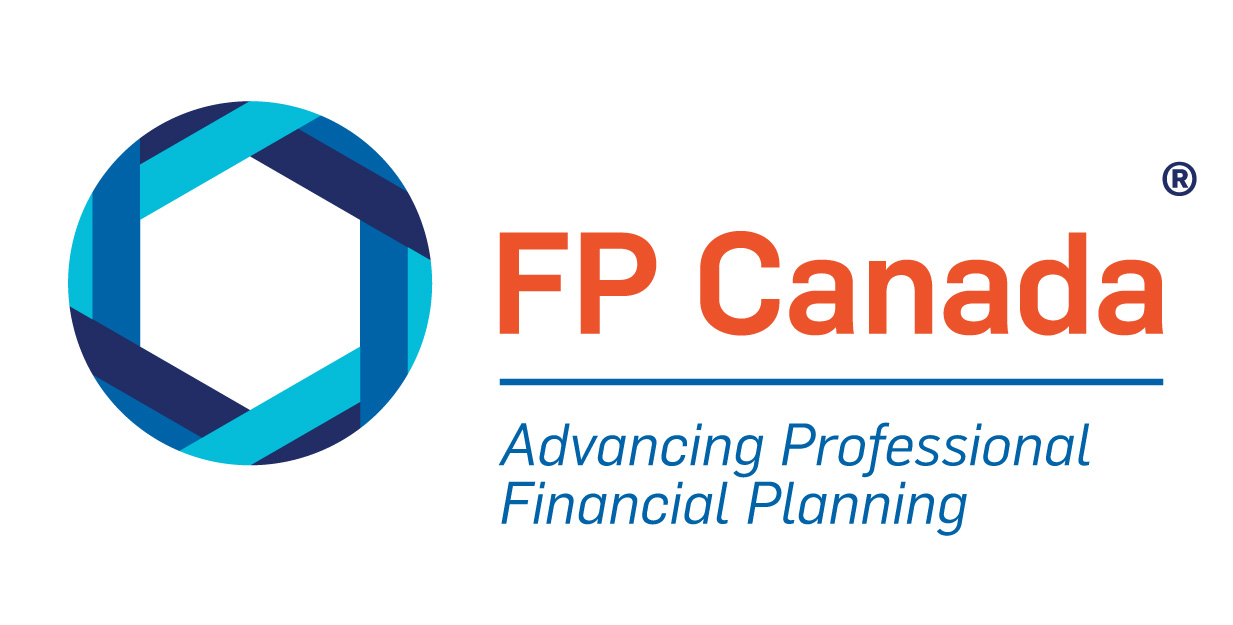Contemplating Your Financial Wellness
You’ve embarked on your career. You’re making money. But you also have expenses. Your parents say you need to start saving for retirement, but it’s so far in the future. Meanwhile, you’re busy thinking about short-term goals, like travelling the world.
You need to start prioritizing. Enlisting a Certified Financial Planner® professional or a Qualified Associate Financial Planner™ professional is a great first step. From there, you can start making progress toward your goals.
If you’re ready to begin your journey to financial independence, here are a few simple tasks you and your planner can tackle together.
Track Your Income and Expenses
The first thing you need to do is understand how much money is coming in. Next, you’ll want to determine how your spending breaks down. You can manage it all using a method such as a spreadsheet or an app that tracks your monthly income and expenses. From there, you and your CFP® professional or QAFP® professional can develop a more complete picture of where you stand. I encourage my young clients to do this for at least a year, because expenses fluctuate with the seasons. After careful consideration, you can make thoughtful decisions about how you want to spend your money.
Automate Everything
You probably already have your cellphone, Netflix account, and internet service automatically charged to your credit card or withdrawn from your bank account every month. You should also consider arranging for money for utilities like water, electricity, and gas to be automatically withdrawn. Taking this step can help you avoid accumulating late fees. Don’t forget to automate your savings! If you have a short or long-term goal, you can start making progress by opening a separate, no-fee online savings account and arranging for an automatic transfer from the account where your pay is deposited. Then there are long-term goals like retirement. One of the best pieces of advice you’ll ever receive is this: if your employer provides a pension plan or a group RRSP—especially if it matches your contributions—take advantage of it.
Share the Risk
You may not have a lot of money when you’re in your 20s, but you do have the potential to earn a lot of money throughout your career. You should consider protecting yourself against the loss of that potential income due to illness or injury via disability insurance. Your employer may offer this protection, but it might not be enough. While you may feel physically invincible at this stage of life, you’re not. I was diagnosed with chronic kidney disease at age 25, eventually resulting in dialysis and a kidney transplant in my 50s. Thanks to the group plan from my employer at the time, I was covered for the two years I was unable to work.
Plan Now for the Future You Want
You may think all this planning is unnecessary because you’re young. But getting a handle on your finances now will serve you well—both next month and decades from now. It will help ensure that you live the life you’re dreaming about.
Working with a CFP professional or a QAFP professional can help you develop a holistic plan. It could be the key to financial well-being now, and when you’re 50. To find a financial planning partner who’s right for you, use our Find Your Planner tool.
Just Getting Started Building Your Finances?
Managing your money as a young professional can be challenging. Check out these tips for getting started now.
Read the Tips
Russell Sawatsky, QAFP®, is an advice-only, fee-for-service financial planner and the owner of Money Architect Financial Planning in London, ON.

 Find Your Financial Planner
Find Your Financial Planner

